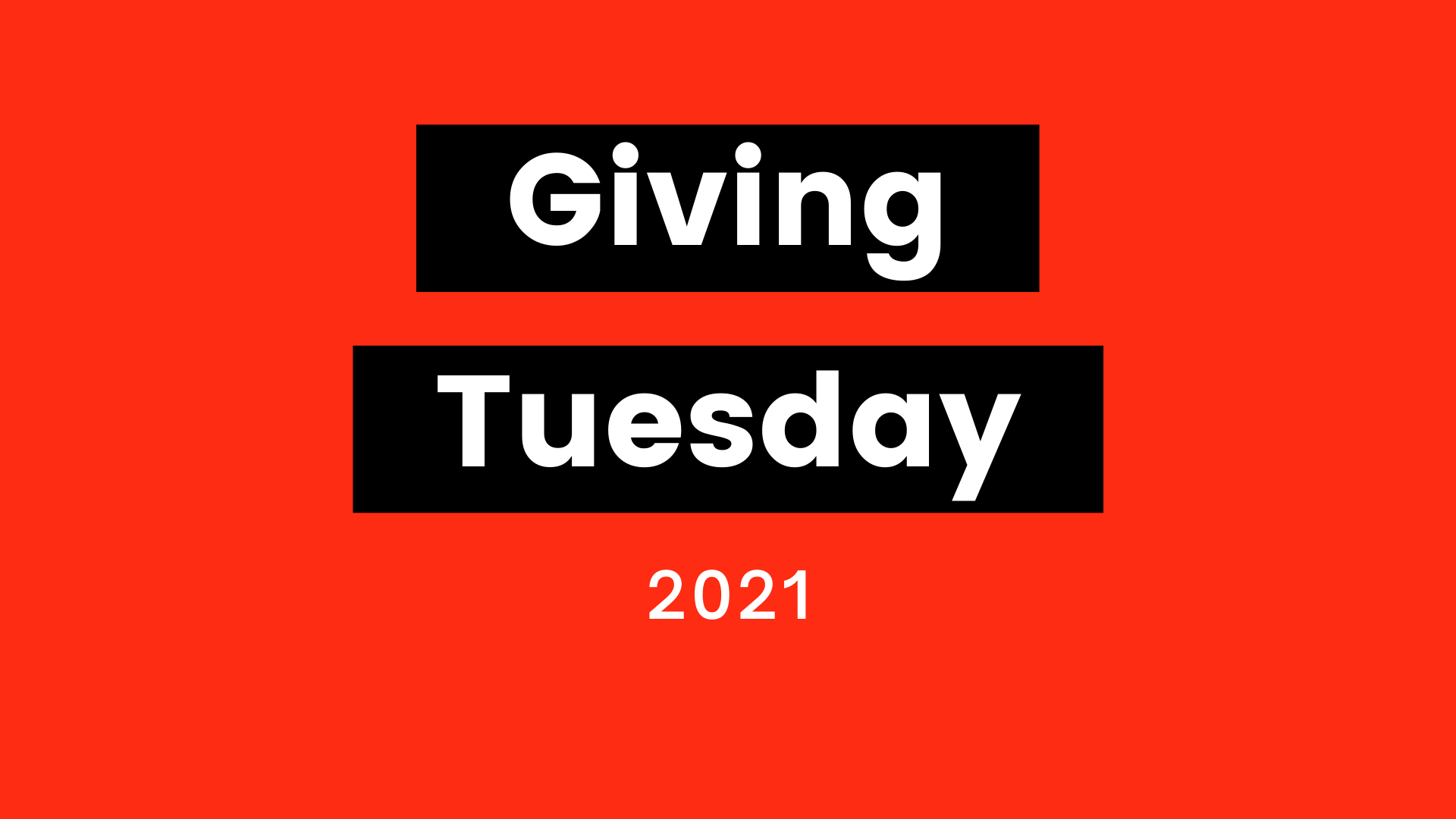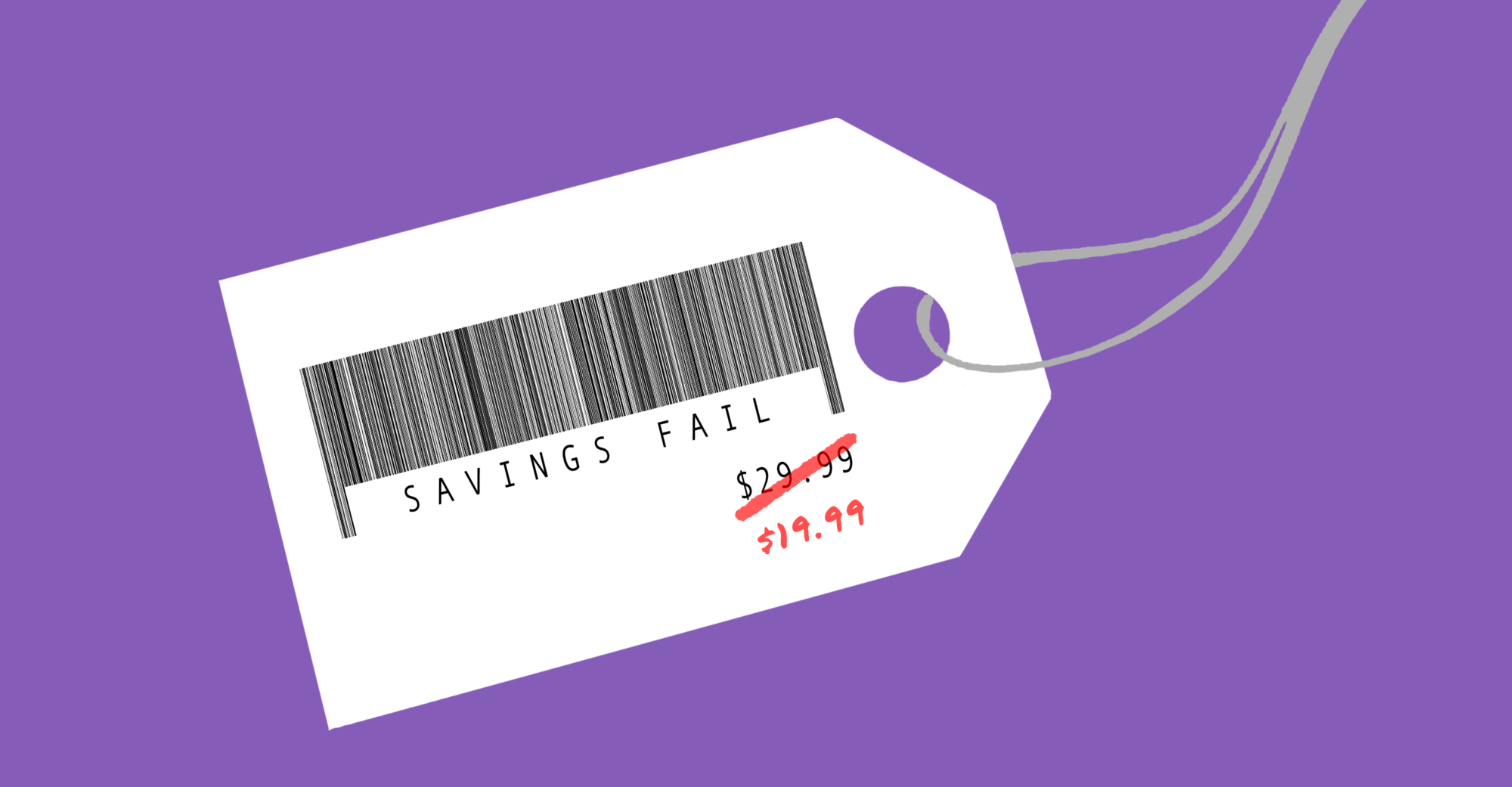
Best Reader Tips of 2021
This year reader tips led to dozens of ad alerts, as well as a complaint to regulators.
Deceptive advertising allegations spell naughty list for these companies.
If Santa stops at the headquarters of these companies he may see stockings hung by the chimney with care but he should think twice before stuffing them with gifts. That’s because what they have in common is deceptive marketing allegations that puts them on TINA.org’s annual list of companies that deserve coal.
Walmart made a big splash when it announced that it was committing $250 billion to buying American-made products but a TINA.org investigation into the retail giant’s website uncovered more than 200 instances of false and deceptive U.S.-origin claims. When TINA.org alerted the company to the mess in July, it pledged to clean it up. It also told the FTC, which opened an inquiry after TINA.org filed a complaint, that it had addressed the errors. But instead of ridding the site of the misrepresentations, the company slapped a disclaimer on its website product pages saying that country of origin information may not be accurate. So, is that product on Walmart’s website made in the U.S. or not? It’s anyone’s guess.
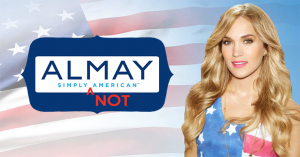 In January, Almay, a division of Revlon, launched a marketing campaign replete with commercials featuring American flags, puppies, and American Idol star Carrie Underwood all decked out in red, white and blue. But what the cosmetics giant didn’t reveal when it was making these implied Made in the USA claims in its trademarked “Almay Simply American” advertising is that more than 95 percent of Almay’s products do not meet the legal standard for American-made. The company eventually dropped the “Almay Simply American” tagline in some of its marketing materials and switched to “Almay The American Look” following a complaint by TINA.org.
In January, Almay, a division of Revlon, launched a marketing campaign replete with commercials featuring American flags, puppies, and American Idol star Carrie Underwood all decked out in red, white and blue. But what the cosmetics giant didn’t reveal when it was making these implied Made in the USA claims in its trademarked “Almay Simply American” advertising is that more than 95 percent of Almay’s products do not meet the legal standard for American-made. The company eventually dropped the “Almay Simply American” tagline in some of its marketing materials and switched to “Almay The American Look” following a complaint by TINA.org.
 While marketing supplements as having the ability to treat, cure, alleviate the symptoms of, prevent, or reduce the risk of developing diseases is simply not permitted by law, this Florida-based Multilevel Marketing – a way of distributing products or services in which the distributors earn income from their own retail sales and from retail sales made by their direct and indirect recruits. markets anti-aging products that a multitude of its distributors claimed can cure cancer, lower blood pressure, and treat a host of other diseases (after TINA.org published a database of 171 inappropriate treatment claims, the company removed or made private about 140 of them). If the treatment claims issue isn’t enough to stuff the company’s stocking with coal there’s also this: distributors touting earnings ranging from $100,000 to one million a year. But the company’s own income disclosure statement — disclosed after TINA.org published its investigation and sent a complaint to the company and the FTC — reveals that 98 percent of distributors gross less than $5,500 a year — that’s less than most high school kids with a part-time job earn. As for who really is earning the big bucks, it’s way, way less than one percent of distributors.
While marketing supplements as having the ability to treat, cure, alleviate the symptoms of, prevent, or reduce the risk of developing diseases is simply not permitted by law, this Florida-based Multilevel Marketing – a way of distributing products or services in which the distributors earn income from their own retail sales and from retail sales made by their direct and indirect recruits. markets anti-aging products that a multitude of its distributors claimed can cure cancer, lower blood pressure, and treat a host of other diseases (after TINA.org published a database of 171 inappropriate treatment claims, the company removed or made private about 140 of them). If the treatment claims issue isn’t enough to stuff the company’s stocking with coal there’s also this: distributors touting earnings ranging from $100,000 to one million a year. But the company’s own income disclosure statement — disclosed after TINA.org published its investigation and sent a complaint to the company and the FTC — reveals that 98 percent of distributors gross less than $5,500 a year — that’s less than most high school kids with a part-time job earn. As for who really is earning the big bucks, it’s way, way less than one percent of distributors.
 Having a little trouble remembering where you hid your holiday presents or whether you paid the credit card bill? No worries. Prevagen, a dietary supplement featuring a synthetic protein plucked from a bioluminescent jellyfish found only in Puget Sound will fix the problem. Prevagen, which costs between $40 and $60 a bottle, promises in TV commercials and on its label that it is clinically proven to improve memory. Problem is that the company, which is tapping into the aging baby boomer market and has sold more than two million bottles of the stuff, does not have reliable scientific evidence to support that claim. TINA.org let the FTC know about this. Santa should know too.
Having a little trouble remembering where you hid your holiday presents or whether you paid the credit card bill? No worries. Prevagen, a dietary supplement featuring a synthetic protein plucked from a bioluminescent jellyfish found only in Puget Sound will fix the problem. Prevagen, which costs between $40 and $60 a bottle, promises in TV commercials and on its label that it is clinically proven to improve memory. Problem is that the company, which is tapping into the aging baby boomer market and has sold more than two million bottles of the stuff, does not have reliable scientific evidence to support that claim. TINA.org let the FTC know about this. Santa should know too.
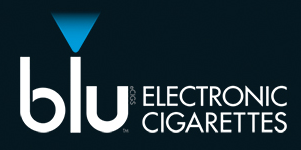
Blu, once owned by Big Tobacco’s R. J. Reynold’s, which acquired it from Lorillard and then sold it to Imperial, is one of the lead sellers in the burgeoning e-cigarette industry. But it’s facing a class-action lawsuit for allegedly failing to disclose the presence of formaldehyde or warning users that they are exposing themselves to significant amounts of harmful carcinogens. The Center for Environmental Health also filed suit against Blu — and other e-cigarette brands — alleging that the company’s failure to warn consumers about the harmful chemicals is a violation of California’s Proposition 65. If that isn’t enough, the company also misleadingly markets that e-cigarettes can be smoked anywhere and are cheaper than traditional cigarettes. (Blu is not alone when it comes to making deceptive claims. See more here on TINA.org’s investigation of e-cigarette advertising.)
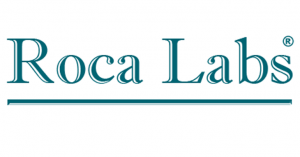 After all the cookie-eating he has to do, Santa may be tempted to seek out some weight-loss help but if he tried a product billed as an alternative to gastric bypass surgery from Florida-based Roca Labs and didn’t have any luck, he might have been facing threats of legal action and fees if he put the company on his naughty list. That’s because up until September, when the FTC stepped in, customers had to agree to non-disparagement provisions nestled in the company’s terms and conditions when ordering products. The FTC says that is an unfair practice that violates federal law and is suing the company. As for the effectiveness of the weight-loss product, the FTC says Roca Labs lacks scientific evidence for several of its weight-loss claims.
After all the cookie-eating he has to do, Santa may be tempted to seek out some weight-loss help but if he tried a product billed as an alternative to gastric bypass surgery from Florida-based Roca Labs and didn’t have any luck, he might have been facing threats of legal action and fees if he put the company on his naughty list. That’s because up until September, when the FTC stepped in, customers had to agree to non-disparagement provisions nestled in the company’s terms and conditions when ordering products. The FTC says that is an unfair practice that violates federal law and is suing the company. As for the effectiveness of the weight-loss product, the FTC says Roca Labs lacks scientific evidence for several of its weight-loss claims.
For the second year in a row, a major bank makes the coal list. What did Citibank, the nation’s third largest bank, do to earn the spot? In July, CFPB ordered it to compensate more than eight million consumer accounts to the tune of $700 million for illegal practices related to credit card add-on products and services. In addition, because Citibank was so darn naughty, it is also required to pay $35 million in civil penalties to the CFPB and an additional $35 million to the Office of the Comptroller of the Currency for a grand total of $770 million.
 Also for the second year in a row, AT&T is on the list (for similar reasons as last year). This year, the FCC announced it was going to fine the wireless carrier $100 million — the largest in its history –for misleading consumers by slowing down data (known as throttling) on unlimited wireless data plans. The allegations closely mirror those brought last year by the FTC against AT&T for which the company argued that only the FCC had the authority to take action. So it did. Others did too and the company is now also facing class-action lawsuits for the alleged throttling.
Also for the second year in a row, AT&T is on the list (for similar reasons as last year). This year, the FCC announced it was going to fine the wireless carrier $100 million — the largest in its history –for misleading consumers by slowing down data (known as throttling) on unlimited wireless data plans. The allegations closely mirror those brought last year by the FTC against AT&T for which the company argued that only the FCC had the authority to take action. So it did. Others did too and the company is now also facing class-action lawsuits for the alleged throttling.
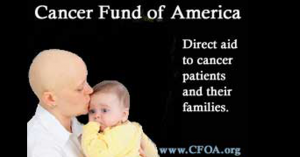 December is surely the season for giving but this supposed charity did a lot of taking, according to a complaint filed by the FTC and all 50 states. While consumers were led to believe that their donations to this charity would help cancer-stricken patients, their contributions were really spent on lavish vacations, college tuition and Jet Ski outings by a close-knit network of family and friends running it, the joint complaint alleges. Last year, the Tampa Bay Times put the Cancer Fund second on its list of America’s worst charities.
December is surely the season for giving but this supposed charity did a lot of taking, according to a complaint filed by the FTC and all 50 states. While consumers were led to believe that their donations to this charity would help cancer-stricken patients, their contributions were really spent on lavish vacations, college tuition and Jet Ski outings by a close-knit network of family and friends running it, the joint complaint alleges. Last year, the Tampa Bay Times put the Cancer Fund second on its list of America’s worst charities.

This Arizona-based dietary supplement Multilevel Marketing – a way of distributing products or services in which the distributors earn income from their own retail sales and from retail sales made by their direct and indirect recruits. that barreled across college campuses recruiting young adults to market energy drinks was hobbled when the FTC obtained a preliminary injunction after filing a lawsuit in federal court alleging it is a pyramid scheme. The company, which was the focus of a two-year TINA.org investigation and two letters alerting the FTC to its practices, is under a court-order forcing it to radically alter its compensation structure to emphasize sales to customers. The judge overseeing the case, John J. Tuchi, ruled that Vemma will likely be found to be a pyramid scheme at trial, where the FTC will pursue a permanent injunction.
To see who made the list in previous years, click here.
This year reader tips led to dozens of ad alerts, as well as a complaint to regulators.
Support our mission of keeping ads honest by making a donation to TINA.org.
The illusion of savings.
